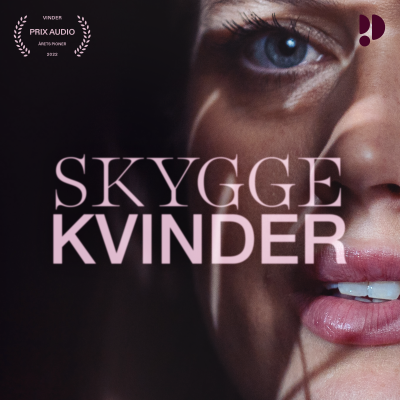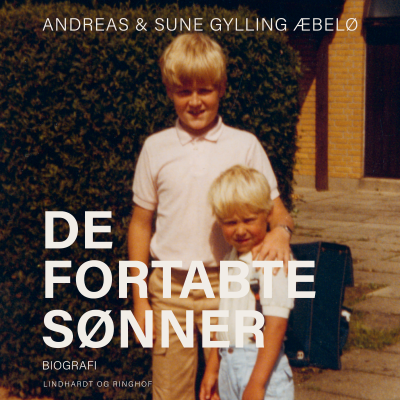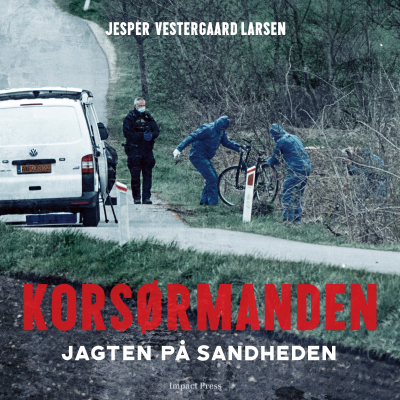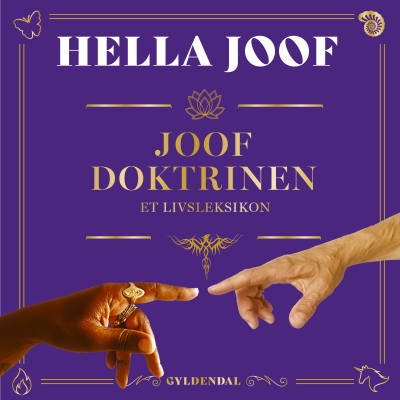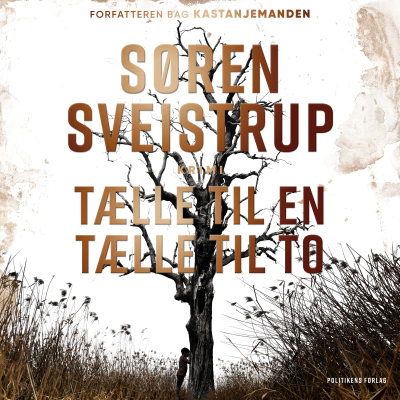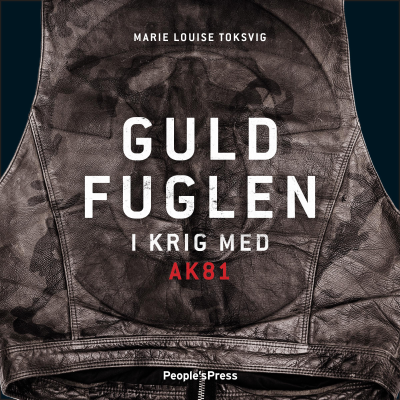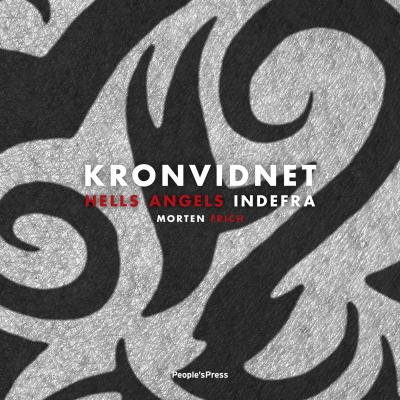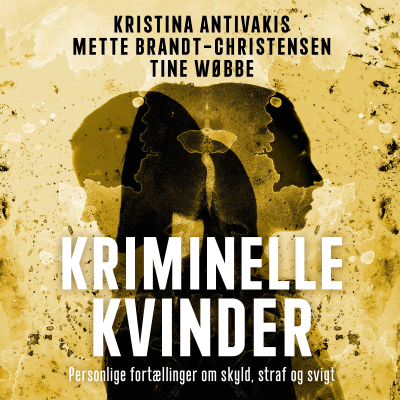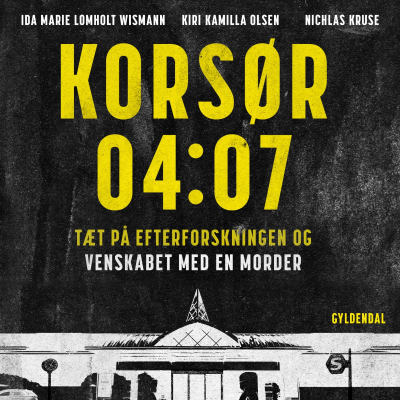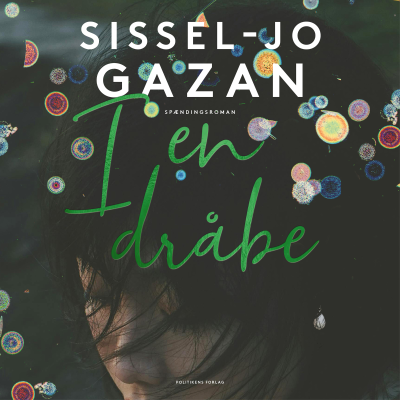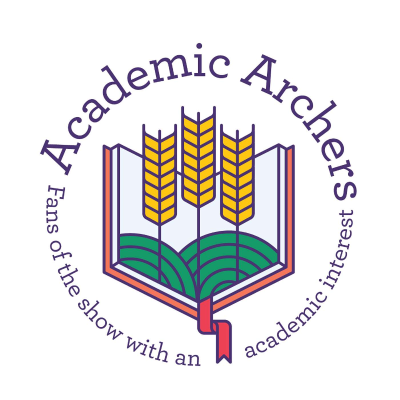
Academic Archers
Podcast af Academic Archers
Occasional podcasts from Academic Archers, including the Saturday Omnibus.
Prøv gratis i 7 dage
99,00 kr. / måned efter prøveperiode.Ingen binding.
Alle episoder
32 episoderCrowd-sourcing material culture: A History of Ambridge in 100 Objects Felicity Macdonald-Smith The term ‘material culture’ was probably first used by Augustus Henry Lane-Fox Pitt-Rivers in 1875, when he defined it as ‘the outward signs and symbols of particular ideas of the mind’. Pitt-Rivers donated his collection of ethnographic and archaeological objects to found the Pitt-Rivers’ Museum in Oxford. The museum now holds over 500,000 items, organised by functional categories. Since the mid-1970s, there has been a growing interest in material culture across many disciplines: history, archaeology, social anthropology, history of art, human geography, design, and the decorative arts. Following the authors paper at Academic Archers conference on this topic in 2019, the Academic Archers Facebook group was invited to add to the limited list first presented: 143 different objects were suggested, leading to considerable online conversation as to the context in which items had featured. After some sifting and classifying, the proposed a list of 100 objects reflecting the material culture of Ambridge was formed, divided into different categories, including agricultural machinery/ vehicles/ implements/ buildings; food and drink; clothing and jewellery; character. Felicity Macdonald-Smith originally studied French Language and Literature at University College London; she also holds an MSc in Teaching English from Aston University; and an MA in European Language and Intercultural Studies from Anglia Ruskin University. Her professional experience includes teaching English as a foreign language both in the UK and abroad, and international youth work (World Association of Girl Guides and Girl Scouts, and Council of Europe). After 16 years in university administration, first at UCL and then at Newnham College Cambridge, she is now happily retired. She is a volunteer house guide at the David Parr House, Cambridge and her interest in material culture was inspired by helping to catalogue the 5000+ objects in the house. She started listening to The Archers in the 1970s and after a few breaks while living abroad has been a regular listener for over 25 years.
It’s Saturday, it must be the Archers! Saturday Academic Archers Group aka The Saturday Group This chapter is by fans, about fans, for fans. This chapter explores the creation, development and meaning of a Saturday morning fan group which met online through and beyond the initial COVID-19 lockdown. The chapter describes the initial phase of Saturday morning online sessions over a three-month period which comprised ‘formal’ presentations of papers from past conferences. These sessions were convened by Drs Nicola Headlam and Cara Courage. Secondly, the chapter sets out the ‘development’ phase of the Saturday Academic Archers Group or more fondly, the ‘Saturday Group’, which continued to meet informally after the conclusion of the formal series of presentations. Through autoethnographic qualitative, narrative methods, we explore what the sessions and the group connection mean to the members of the Saturday Group. The experiences of the Saturday Academic Archers Group are then related to the concept of Community of, in relation to social groups and associations. The relevance of fandom as a Community of Practice is highlighted with suggestions for the way in which such communities can offer support through difficult national and in the case of the Saturday Group, international, experiences. The Saturday Academic Archers Group meets on Saturday mornings to discuss The Archers and other topics of interest. It is a sub-set of the Academic Archers and began meeting online in 2020. Collectively the members of the group have been listening to The Archers for well in excess of 1000 years, including one member who heard the first episode and one member who has just come of age having listened for a mere 18 years. The Saturday Academic Archers Group authoring this chapter are George Askwith, Claire Astbury, Allison Ball, Janet Beck, Stephen Bowden, Pat Brown, Helen Burrows, Meg Burton, Sally Cadle, Pam Davies, Christine Freeman, Louise Gillies, Dale Godfrey, Victoria Grattidge, Vanessa Hall-Smith, Ruth Heilbronn, Katharine Hoskyn, Rosalind Janssen, Helen Jubb, Susie Lloyd, Lilian Goldberg, Nic Maxfield, Felicity Macdonald-Smith, Jill Manasseh, Sarah Kate Merry, Deborah Miller, Christine Narramore, Sarah Parish, Sarah Playfair, Karen Pollock, Sarah Spilsbury, Roberta Wedge, and Vanessa Wilde.
Teaching The Archers – creating new fans or turning them off? Caroline Birks In September 2016, Media Magazine published an article that I had written about The Archers and fandom. In 2017, The Archers became a set text and my article became the go-to resource. I wondered how the students responded to The Archers. I asked the media teaching community on Facebook for classroom anecdotes. Common themes from the results were: students struggled with focused listening; teachers had been asked to ‘show’ the episodes; teachers used lollipops and ‘mindful colouring’ to help students focus; little or no knowledge of the soap opera genre, limited understanding and enjoyment; enjoyment of The Archers varied according to gender and class including whether their parents were already Radio 4 listeners; practical activities engaged students; bringing in an Archers fan to talk to students helped them create an audience profile; and students thought that dramatic episodes were exciting but that average episodes were boring. In summary, very few GCSE Media students actually go on to listen to more episodes of The Archers. Very few students hated the programme but plenty of them were indifferent. However, The Archers may have gained listeners through teachers (and their children). Caroline Birks has been teaching Media and Film for around 20 years. After graduating from Bath Spa with a 2:1 in Sociology and English, Caroline went on to study for a PGCE in Secondary English and later an MA in Media, Culture and Communication. As an Archers fan and educator Caroline has written two published articles on The Archers and recorded a YouTube analysis, 5 Things you should know about The Archers, which has had over 300 views. Caroline has worked as an examiner for Media Studies GCSE and A-level and is one half of Like Maria, an online resources company for teachers and students. Caroline writes a personal blog called mrsbirksblogs.blogspot.com and lives in Norfolk with her two children and naughty dog, Robin.
A Year in Ambridge: Introducing American Students to English Village Culture through The Archers Timothy Vercellotti Global cultures courses are a staple of general education requirements at American universities. Teaching a cultures course poses challenges, however, including appealing to students from all academic disciplines and building a cohesive learning experience around a somewhat amorphous topic. English village culture appeals to American students, some of whom have been exposed to the subject through literature or history courses, or through films or television. The challenge of structuring a course on village culture becomes more manageable with help from The Archers and the intellectual fan community known as Academic Archers. This chapter provides a case study of a university course that explores scholarly treatments of English village culture, enriched with examples from episodes of The Archers and the Academic Archers canon of research. The course follows a framework of a ‘constructed year’ in Ambridge, beginning with Burns Night in January and finishing with the Christmas pantomime, and including reflections on Shrove Tuesday pancake races, village cricket season, the summer fête, the Flower and Produce Show, and Remembrance Sunday. The course not only introduces students to village culture; it also immerses them in radio drama, a genre of storytelling that, while well-established in the UK, is unfamiliar to many Americans. Dr Timothy Vercellotti is a professor of political science at Western New England University in Springfield, Massachusetts, and director of the university’s London summer program. He teaches courses on political behaviour, media and politics, and public opinion polling. Dr Vercellotti holds a PhD. in political science from the University of North Carolina at Chapel Hill, and has completed extensive post-doctoral work in all things Ambridge.
Gauging guerrilla engagement: the unexpected benefits of the Academic Archers conference Carenza Lewis Is Academic Archers the best-ever Zoom conference? Attendees in 2021 seemed to think so. Marking the half-decade anniversary of Academic Archers, this chapter explores the benefits of the attending Academic Archers conference, using data from conference feedback in 2017 and 2021 and methods from current research into wellbeing in heritage contexts. The analysis shows this unique conference to attract more than 75% of its attendees from outside academia, who adore learning about new research ranging from forensics to musicology - even more than… talking about The Archers. But it is the written-in comments on feedback forms which have proven particularly valuable in revealing why this is the case, showing the unexpected ways in which taking part in the conference is associated with mental wellbeing. Carenza Lewis MA ScD FSA FHEA FRSA is an archaeologist and Professor of Public Understanding of Research at the University of Lincoln. Her research includes historic rural settlements, childhood, community heritage and wellbeing. She has directed archaeological fieldwork on scores of sites, mostly medieval, presented a number of TV programmes including 12 series of Channel 4’s iconic Time Team and taught medieval archaeology. Since moving to Lincoln in 2015, she has led Middlefield’s Utopias (2016-17), Heritage at Risk and Wellbeing (2020-21) and Community Archaeology in Rural Environments (2019-23), the latter extending her publicly engaged approach to archaeological research into the Netherlands, Czech Republic and Poland. She is currently President of the Medieval Settlement Research Group and Vice Chair of Trustees for the Council for British Archaeology and mother to three almost grown-up children who do not want to go into archaeology.
Prøv gratis i 7 dage
99,00 kr. / måned efter prøveperiode.Ingen binding.
Eksklusive podcasts
Uden reklamer
Gratis podcasts
Lydbøger
20 timer / måned






